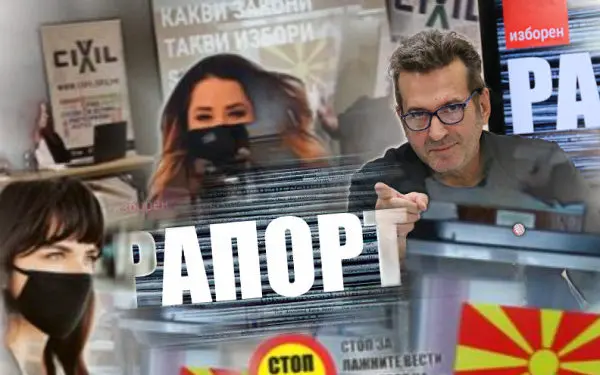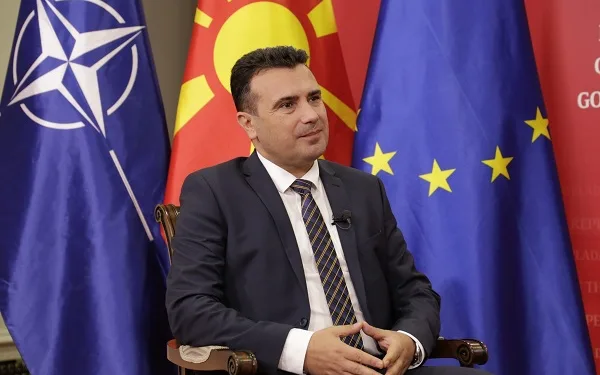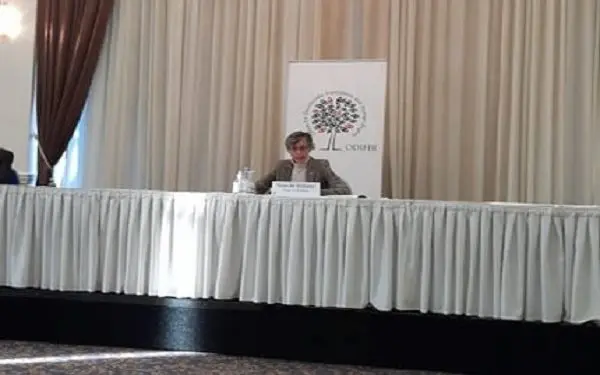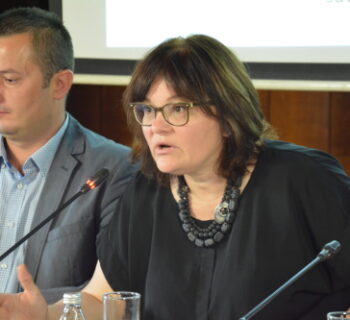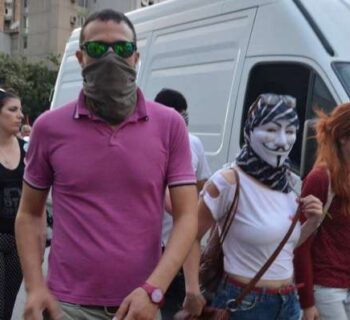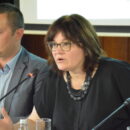Following the statement of Prime Minister Zoran Zaev that he is resigning from the position of Prime Minister, North Macedonia officially is entering a political crisis with unforeseeable consequences. The statement comes after the election defeat of SDSM in the local elections.
Devices good, system did not function
Regardless of the insisting of the first person of the SEC that everything was in order and that a flawless election process was implemented, that is not true or at least – not entirely true. The election administration was not prepared on many grounds. The devices for biometric identification of voters (fingerprint devices) did not function, not because the very devices were bad, but because the system was far from prepared.
According to a report from a polling station in Kisela Voda, out of 70 voters, only 19 didn’t have problems with the fingerprint devices.
Unknown number of voters leave polling station
Failure to put the fingerprint devices fully into operation left a truly dark mark on the entire process. It concerns thousands of cases. The damage that this misfortunate circumstance has caused cannot be assessed, in terms of violation of the right to vote. An unknown number of citizens, simply gave up waiting in lines to vote that were created due to the non-functioning of the devices.
Inconsistent Electoral Code and changes at the last minute
All the inconsistencies of the Electoral Code, as well as other weaknesses related to the manner in which the election administration at the local level (election boards) worked, have to be added to this.
The Electoral Code went through another change just one month before the voting. Changes were made, and then changes were withdrawn in the secondary acts five, that is, four days before the very voting in the second round. There were “accidental” or “misfortunate” stack of circumstances too many times for all that to be a coincidence.
Free, fair and democratic elections, with a lot of black money in the campaign
Even though it is a generally accepted assessment of the election process as a whole that these were another in the series of free, fair and democratic elections, questions about how so much black money “flowed” across the country is inevitable. After the statement of the Prime Minister about the black campaign and based on the facts from the field monitoring, questions and expectations from the institutions are inevitably imposed.
The main question is whether they had knowledge about crime related to the political financing. If they had knowledge, they need to answer why it was not prevented. If they didn’t have knowledge, then the answer to the question about the capacities and especially the competencies is even more important.
Black campaign and violation of the election silence
Gross violation of the election silence is noted literally in the first minute of its entering into force at midnight on October 30.
The political entities engaged in an intensive operation of denigrating the political opponent, as if it were about a mortal enemy. VMRO-DPMNE was ahead in this operation, which manifested unfitting aggressiveness on the ground.
The videos posted on the social networks of some of the media testify to the threatening approach towards citizens, such as the case of the leader of VMRO-DPMNE, Hristijan Mickoski, who in Kocani rudely and in a threatening manner addressed the gathered crowd.
The editor of the portal Infomaks, known for his notorious disinformation and hate speech, engaged also in threats with killings in a recording that went live on the social networks.
Most frequent irregularities in CIVIL’s monitoring
CIVIL’s monitoring notes many cases of pressure and abuses, disinformation and hate speech.
Furthermore, a dozen cases of obstruction of voting are noted, more than 20 cases of violation to the secrecy of the voting, as well as about thirty cases processed so far of obstructing the work of CIVIL’s observers, which is an unusual trend compared to previous election processes. About a dozen cases have been documented of inaccessibility at polling stations, and in two cases indication of vote-buying is noted (the cases are in a phase of processing). Family and group voting is noted in more than 10 cases, as well as celebratory shooting at several locations across Skopje, according to the processed data so far.
Processing the reports and their verification is ongoing. We will inform the public about all findings in detail the following days.
Xhabir Deralla in cooperation with CIVIL’s Monitoring Team
Camera: Atanas Petrovski
Realization and editing: Arian Mehmeti
This post is also available in: Macedonian
 Македонски
Македонски Shqip
Shqip English
English
